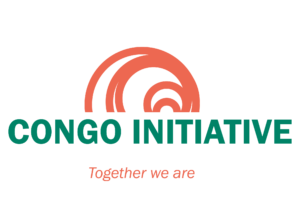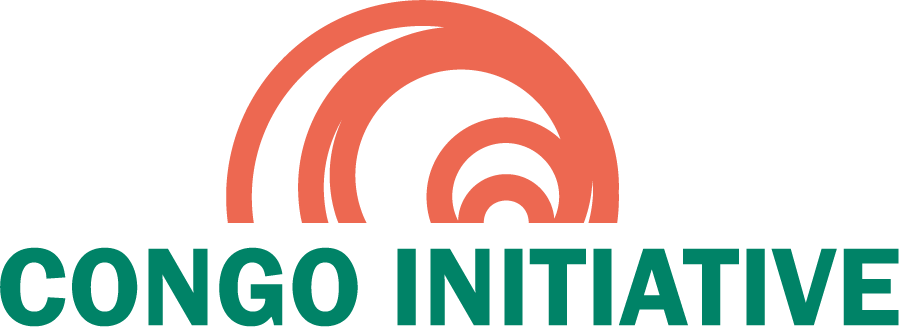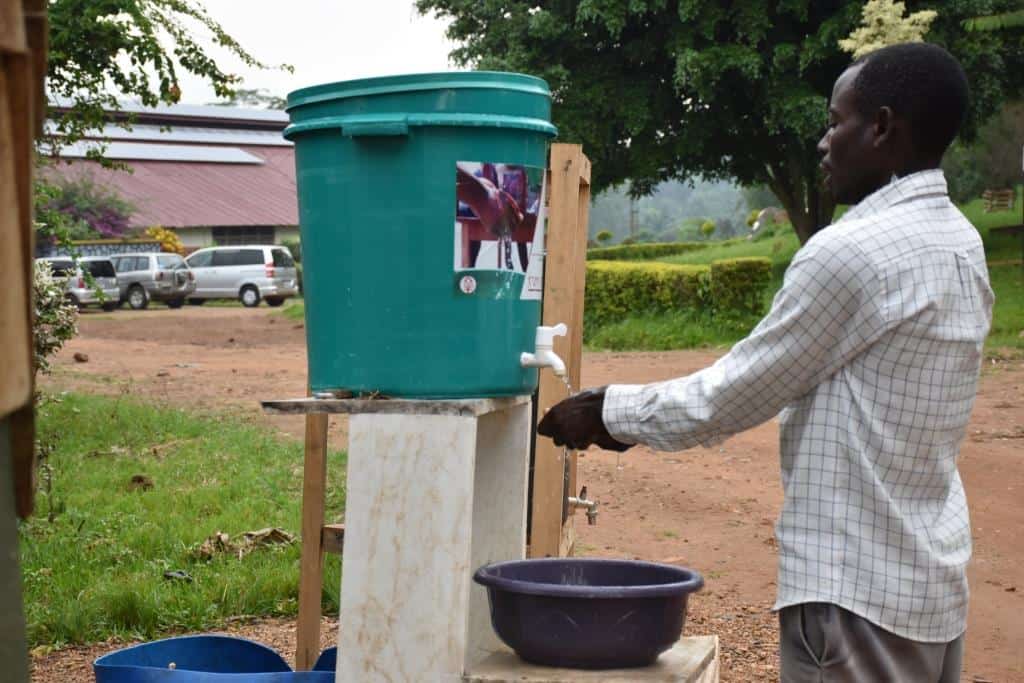
On August 1, the government of the Democratic Republic of Congo (DRC) declared a new outbreak of the Ebola Virus Disease (EVD) in North Kivu and Ituri provinces in the northeast part of the country. (Congo Initiative is based in Beni, North Kivu, just a few miles from the epicenter of the outbreak.) Since then, more than 30 deaths and over 40 total cases have been reported in several towns (and their surrounding villages) in both provinces. Most of these have occurred in Mangina, a town about 18 miles to the west of Beni. As of today, there are 3 confirmed cases and no deaths in Beni.
The DRC Ministry of Health, World Health Organization, United Nations, and UNICEF are working jointly with local health officials in the region to respond swiftly. Ebola treatment centers have been established in several affected areas. At least 3,000 vaccinations are immediately available, with more on the way. Our staff in Beni have responded with remarkable resilience, quickly mobilizing our crisis management team into action. Our entire community is adhering to new protocols to reduce exposure and minimize risk, so the disease can be more quickly contained. In addition, we are implementing appropriate evacuation procedures for international staff within the next few days.
RESPONSE OF THE CI-UCBC COMMUNITY
Our team in Beni has responded with remarkable resilience, quickly mobilizing our crisis management team into action. The entire CI-UCBC community is adhering to protocols mandated by the WHO to reduce exposure and minimize risk, so the disease can be more quickly contained. In addition, we are implementing appropriate evacuation procedures for international staff within the next few days.
We are working closely with local hospital officials, government leaders, and international experts to not only protect the CI and UCBC community, but also to assist in educating and supporting the public. Two examples of this are: a) CI-UCBC staff helping to create and disseminate information to the wider community regarding preventive and precautionary measures; and b) CI’s Bethesda Counseling Center is providing trauma counseling services to the local population.
The following practical steps have been taken to protect those who work on the UCBC campus:
- Reinforced sanitary stations on campus. Water and liquid soap will be restocked and readily available. Bathrooms will be cleaned with bleach every day.
- Acquiring a laser thermometer for campus.
- Notice signs communicating methods of hygiene and washing hands will be placed all over campus, and a recommendation to avoid shaking hands, hugging, etc. Mass dissemination of WHO resources.
- The campus is closed for week effective August 3. All staff will work from home.
- Every Friday, the security committee will meet to assess the situation and communicate to the wider community with new updates and decisions depending on information and advisories disseminated by local officials and international experts.
- For urgent work, the Welcome Center will be the place for people to congregate. No one will have access to their offices. This will help control the movement of people on campus.
During this uncertain and fragile time, we welcome prayers and support. We have also set-up a special giving opportunity for those interested in helping meet some of the particular needs facing our community as a result of this situation.
WHAT IS THE EBOLA VIRUS?
Ebola is a potentially severe illness, which kills about 50% of those infected. Wild animals initially spread the virus to humans. Once humans are infected, they can spread the disease to others and large outbreaks can occur. Ebola is present in the blood and/ body fluids of the infected person. It spreads when someone has contact with these fluids, which may happen when caring for a sick person or through certain funeral practices such as communal washing of the body. This is how household members, friends and healthcare workers are exposed to the virus.
Symptoms develop between 2 and 21 days after someone is exposed to infected bodily fluids. Initial symptoms are sudden fever, weakness, muscle pain, headache and sore throat. Vomiting, diarrhoea, rash and abdominal pain follow in most cases. Some people progress to organ failure and bleeding, both internally and externally, which leads to death.
Supportive treatment (such as intravenous fluids and managing secondary infections) increase a person’s chance of survival, especially if medical care is given early in the illness. Ebola outbreaks are controlled through public health measures, such as isolating and treating infected people promptly, monitoring contacts for symptoms and isolating them immediately if they develop, strict handling of infectious materials, and safe burials. Vaccination campaigns have been conducted as part of control measures in recent outbreaks. Ebola can also be transmitted by survivors of the disease through unprotected sexual contact. Source: International SOS
###
For questions or further information, please contact Justin Hubbard at justin.hubbard@congoinitiative.org or 919-806-7297.


Leave a Reply